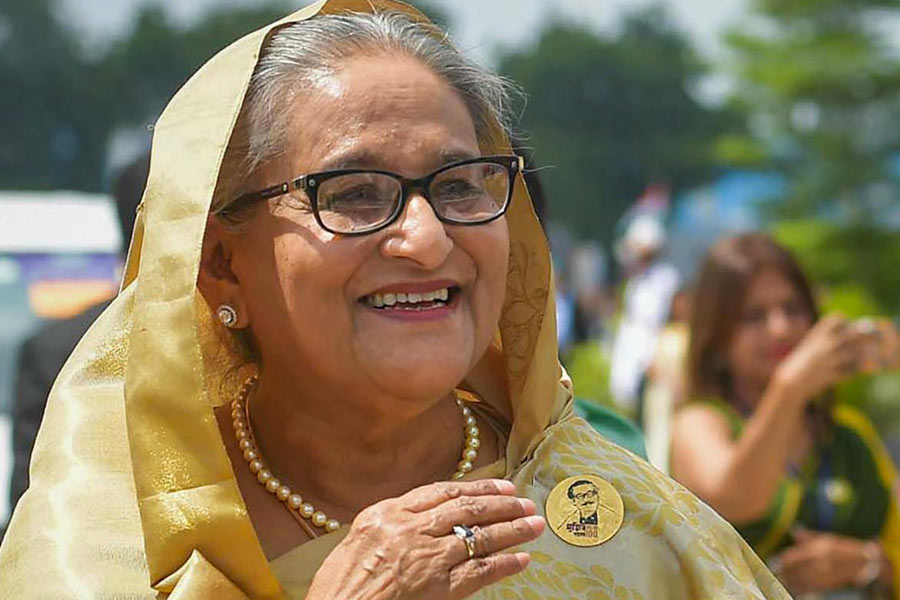The Bangladesh government of Prime Minister Sheikh Hasina Wajed has announced plans to ban the Jamaat-e-Islami, accusing the nation’s largest religious party of being behind the deadly protests against quotas in government jobs that rocked the country recently. The Jamaat, which already cannot contest elections, will — under the new ban — not be able to hold public gatherings. The government claimed that the move was aimed at punishing those responsible for the violence which had engulfed Bangladesh in recent weeks. Indeed, Jamaat’s alleged role in the recent protests deserves a closer scrutiny. But the ban could also raise the risk of further inflaming the tensions tearing at the nation’s social fabric. More than 150 people were killed in the clashes between protesters on the one hand and security forces and activists of the ruling Awami League’s student wing on the other. Bangladesh is still convulsing from reports of hundreds of people being hit in the eyes by pellets fired by the police, of protesters abducted and allegedly tortured, and of helicopters used to target protesters. While Bangladesh’s Supreme Court severely cut down the controversial quotas that were the trigger for the protests, the protesters have since listed a series of demands, including punishment for police officers implicated in the violence and the resignation of the home minister.
Hearteningly, Ms Wajed has already promised a judicial probe into the violence. This is an important first step. It is equally important that the investigation be carried out swiftly, transparently, and in a nonpartisan manner for it to hold legitimacy in the eyes of ordinary Bangladeshis and the international community — including India — that is concerned about the recent events in the country. An independent, impartial probe will also insulate the government from the possible charge of going after the Opposition on the pretext of delivering justice to those who suffered during the protests. Any prejudicial move on the part of the government in this context could end up increasing global scrutiny of the state of Bangladesh’s fragile democracy while deepening divisions in society. There is a clear need for the powers that be to differentiate between legitimate student protesters and mischievous elements who decided to fan the flames. The failure to do so could alienate Ms Wajed’s administration from the student fraternity whose members have been born long after the 1971 fight for independence in which the Jamaat sided with the oppressors. The Bangladesh government needs to consider its approach carefully at a pivotal moment for the country. It can start by listening to its people, especially the young protesters who remain desperate to be heard.











